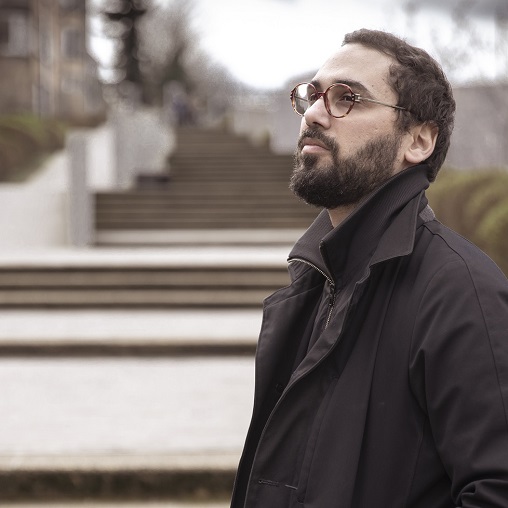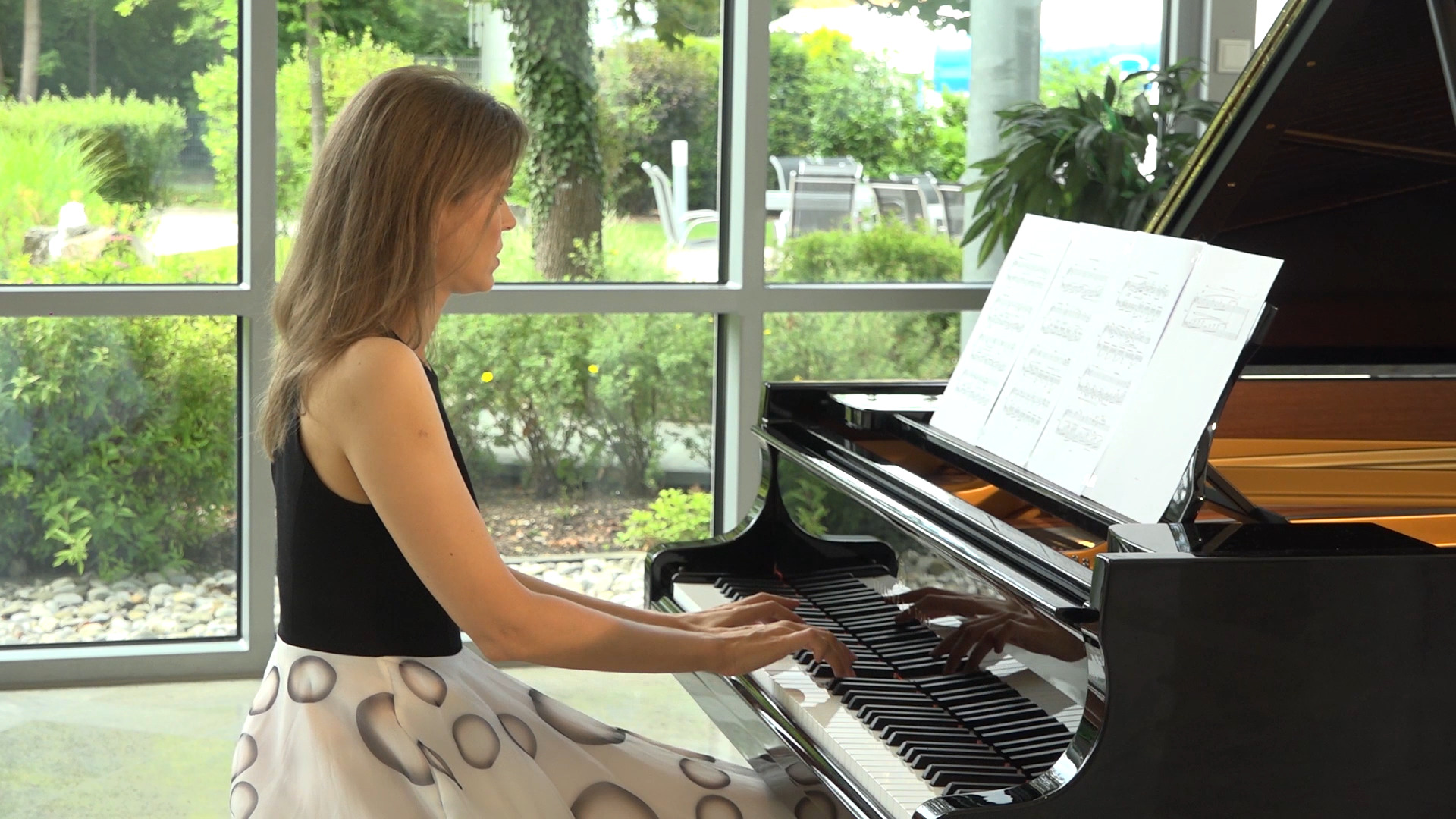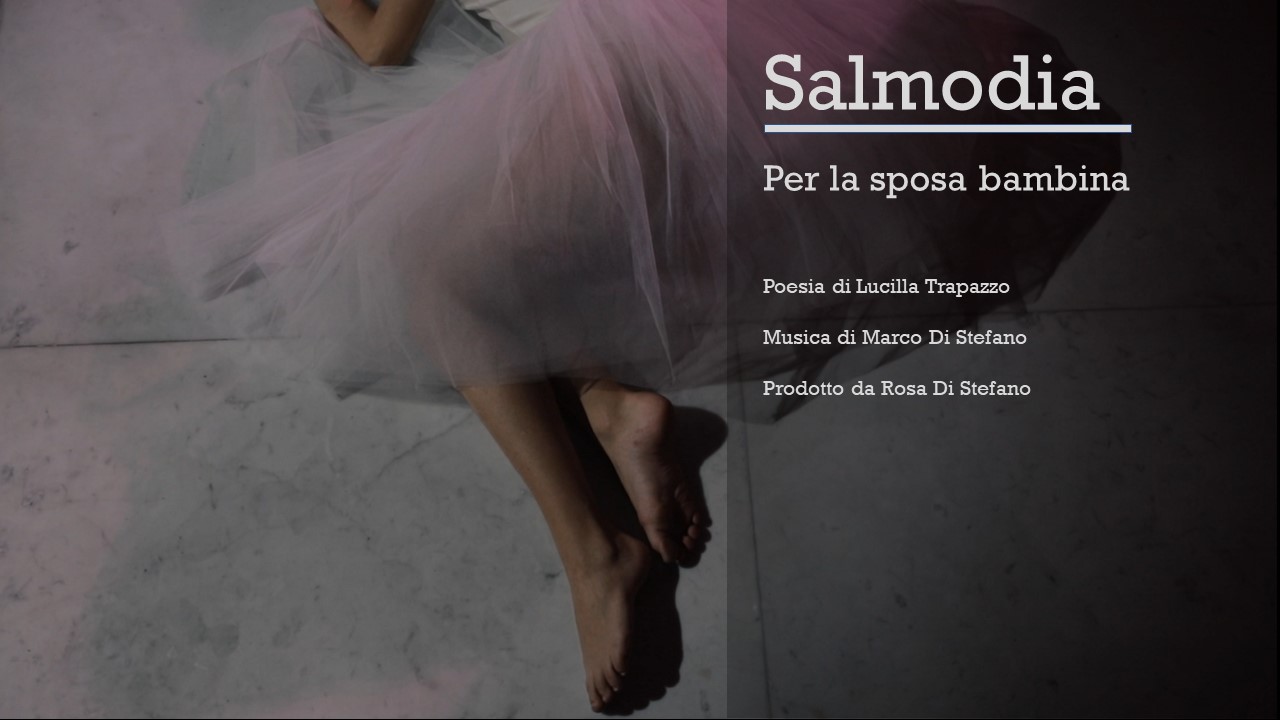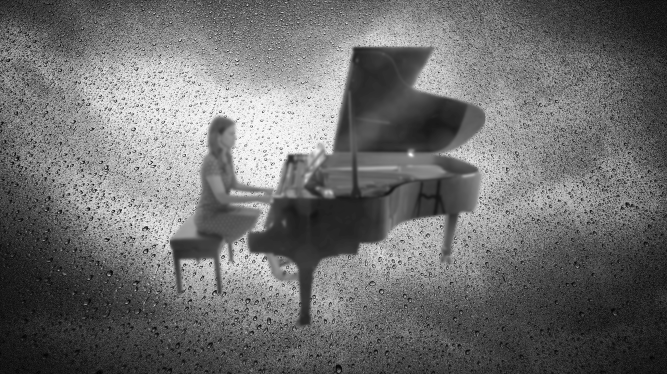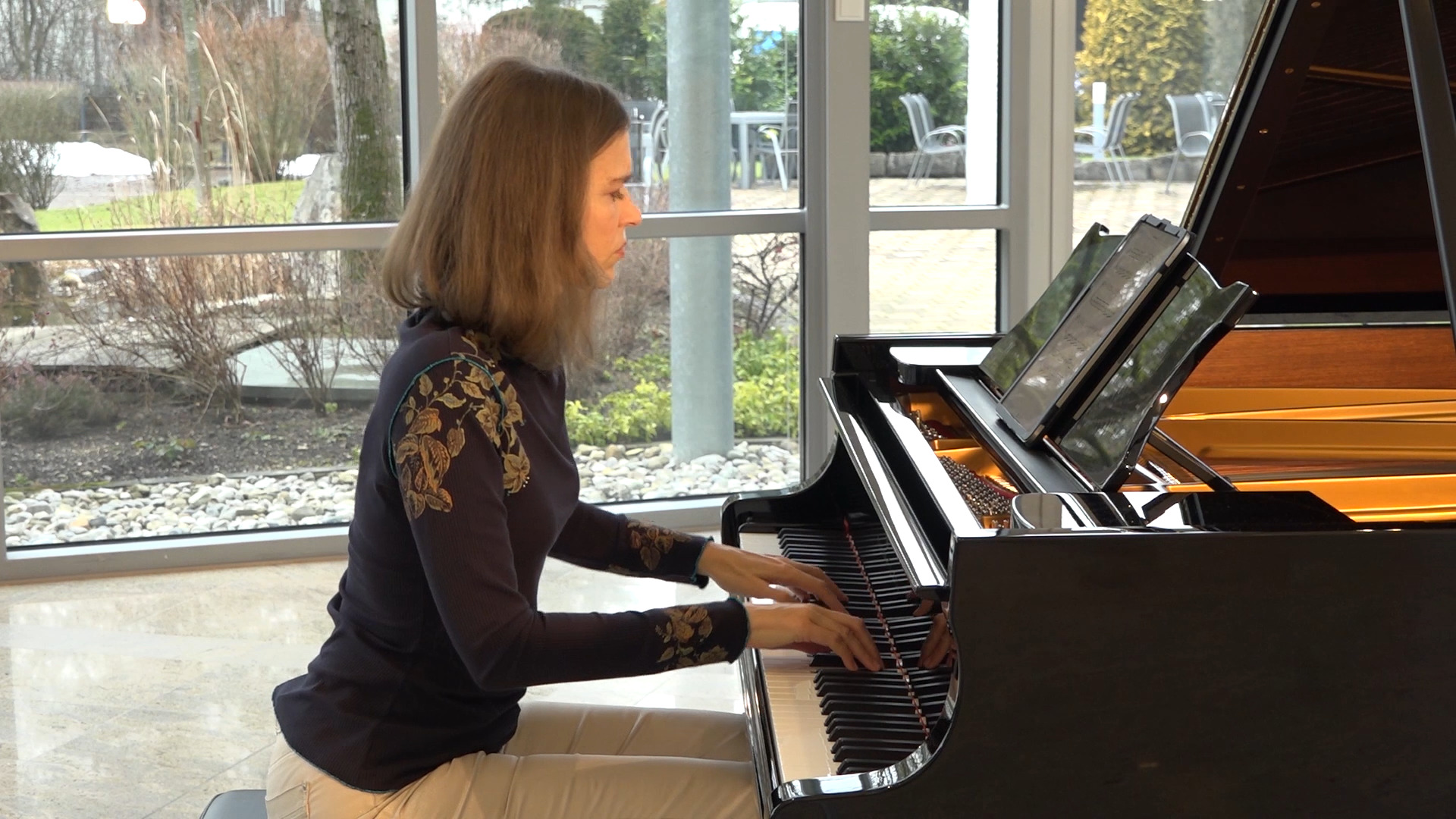About
He approaches the piano at an early age, following his compositional instinct and starting from there a ten-year course of studies in piano technique and orchestral composition with three distinct masters such as Giovanni D'Aquila in Palermo, Adriano Guarnieri in Bologna and Luc Brewaeys in Brussels.
His style is simple, structured and narrative. Each of his compositions born to tell a story and his predisposition towards narrative music leads him to artistic collaborations with painters, photographers and authors, in search of the perfect union between musical work and art.
In 2018 he published the album “Portraits”, a collection of dreamy, storytelling orchestral compositions inspired by a series of photos by artist Vincenzo Vitale.
In 2019 “L’estate del ‘78” was released, the first of a collection of “books soundtracks”, music truly inspired by the story of the book (Sellerio) from Italian writer Roberto Alajmo. The album was performed live in April 2019 in Italy, becoming a theatre show where words and music joins and create a unique experience to navigate through the emotions of the book accompanied by its soundtrack.
In 2019 Di Stefano started collaborating with another Italian writer Stefania Auci, to write its second “book soundtrack” album for the newly released and highly appreciated book “I leoni di Sicilia” (Edizioni Nord) which has been translated in several languages.
Marco Di Stefano music’s is today available on digital stores and its YouTube channel.
